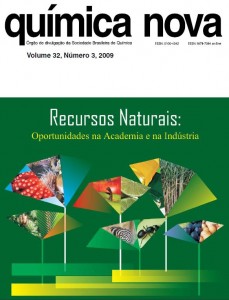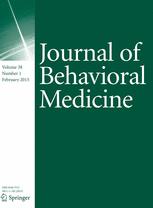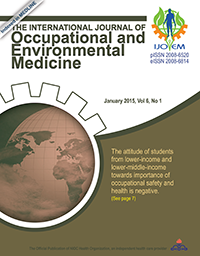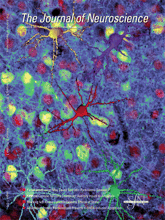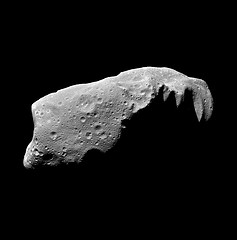
Between Mars and Jupiter floats a little rock with big dreams.
For three whole weeks in January and February, it was designated as 2015 BS515, a near Earth object, one of the many space rocks that astrophysicists keep an eye on for their potential to strike our planet. But then on February 12 came the announcement: the Minor Planet Center (MPC) at the Harvard-Smithsonian Center for Astrophysics had downgraded the rock to a “routine main-belt object.” That means the asteroid is far enough away that we don’t have to worry about it hitting Earth any time soon.
The MPC gets sent two million observations of asteroids and comets every month. The five staff members then catalog these findings and figure out what’s new and what’s been seen before. The goal is to keep track of all near Earth objects, which make up about 1% of the observations the Center receives. It’s remarkable that there are so few corrections, given the 120 million observations on the MPC’s books.
Here’s a portion of the note that appeared in the most recent Minor Planet Electronic Circular (MPEC), which provides updates about comets, “observable unusual objects,” and other asteroid news: Continue reading Harvard-Smithsonian space center retracts ruling on asteroid

